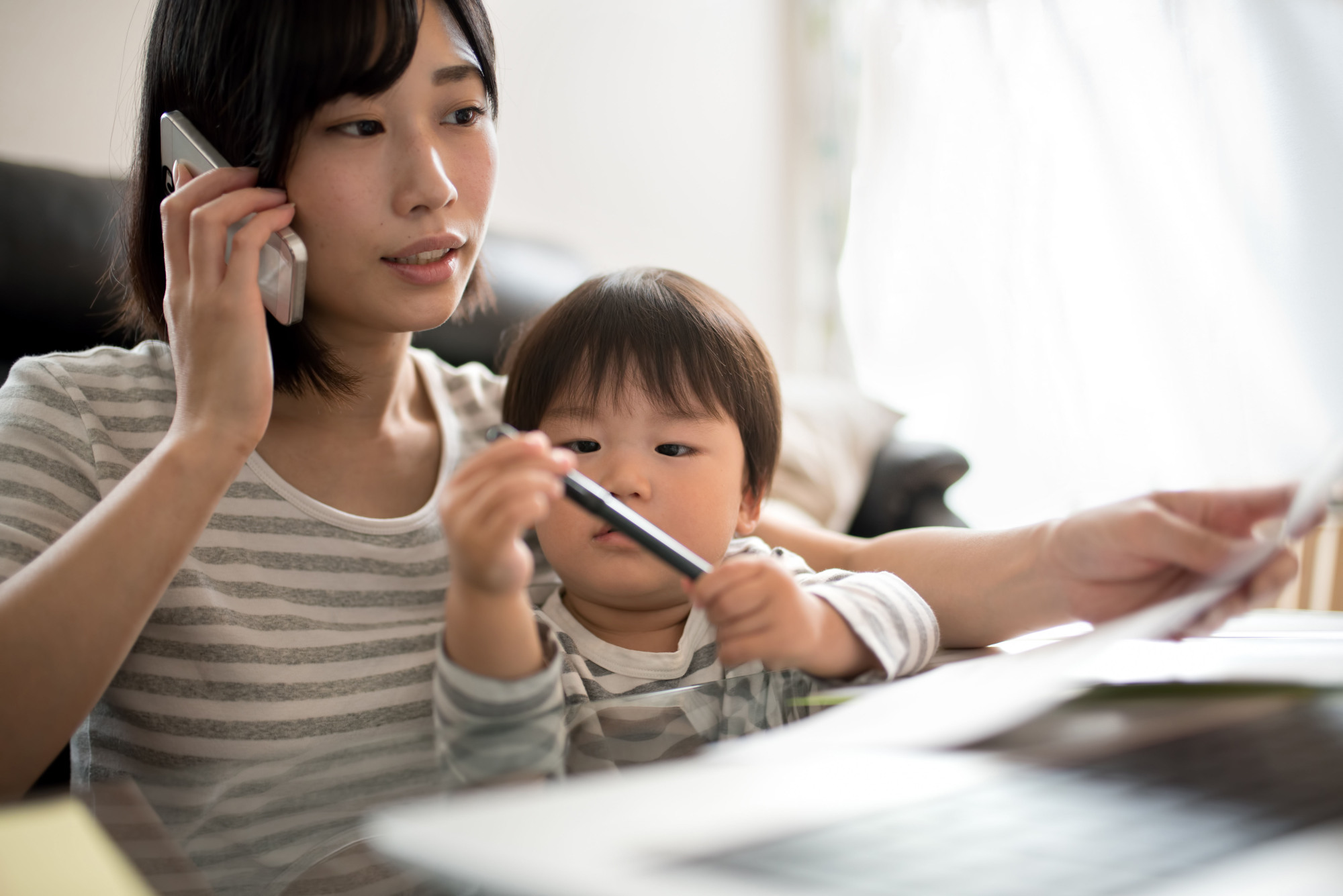Japan's leaders seem happy to rest the country's fate on the shoulders of its women. Prime Minister Shinzo Abe wants to get more of them out of the home to compensate for a shrinking workforce. His deputy, Taro Aso, on the other hand, had to apologize recently after blaming them for not having enough kids. I can hear women secretly seethe, "What now, they want us to work, have kids and take care of husbands?" (Male participation in chores is notoriously low in Japan.)
At Davos this year, Abe rightfully took pride in noting that the number of working women in Japan had increased by 2 million between 2015 and 2018, and that nearly 70 percent of Japanese women between the ages of 15 and 64 were employed last year — a labor participation rate "higher than, say, in the U.S." That's a fundamental cultural shift that will generate benefits for years to come.
But Japan doesn't just need to get more women into the workforce. It needs to create the conditions that would allow them to thrive there and develop fulfilling careers, while still having babies and raising families. That's going to require much tougher and more extensive reforms than Abe's government has been willing to entertain thus far.


















With your current subscription plan you can comment on stories. However, before writing your first comment, please create a display name in the Profile section of your subscriber account page.